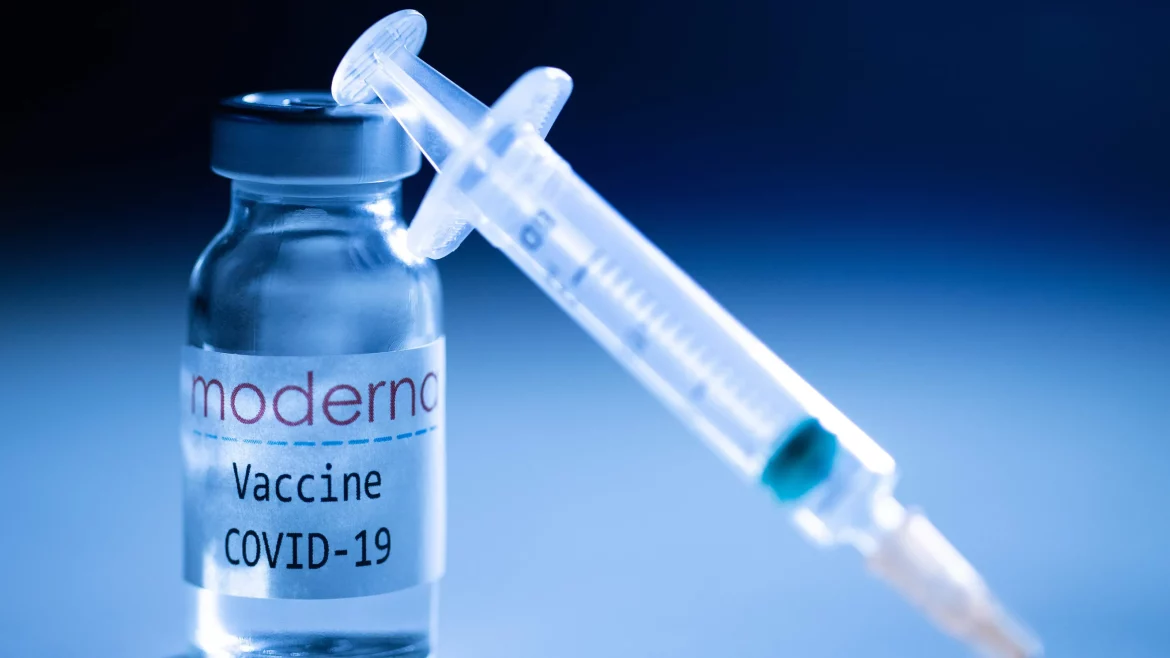In recent months, concerns have arisen regarding the potential link between the Moderna COVID-19 vaccine and myocarditis, a condition characterized by inflammation of the heart muscle. This issue has sparked debates and discussions within the medical community and among the general public. Understanding the facts, risks, and implications of this matter is crucial for making informed decisions about vaccination and public health policies.
Myocarditis is a rare but serious condition that can affect individuals of any age. It involves inflammation of the heart muscle, which can lead to symptoms such as chest pain, shortness of breath, irregular heartbeats, and in severe cases, heart failure. While myocarditis can occur due to various causes, including viral infections, certain medications, and autoimmune disorders, the potential association with COVID-19 vaccines, including the Moderna vaccine, has garnered attention.
The Moderna COVID-19 vaccine, like other mRNA vaccines, works by instructing cells to produce a harmless piece of the spike protein found on the surface of the SARS-CoV-2 virus. This triggers an immune response, preparing the body to defend against the actual virus if exposed in the future. The vaccine has been widely used globally as part of efforts to control the COVID-19 pandemic.
Understanding the Reported Cases
Reports of myocarditis following COVID-19 vaccination, including the Moderna vaccine, have led to investigations and surveillance by health authorities. The Centers for Disease Control and Prevention (CDC) and the Food and Drug Administration (FDA) in the United States, along with similar agencies in other countries, have been monitoring and analyzing data to assess any potential risks associated with these vaccines.
According to available data, cases of myocarditis following COVID-19 vaccination, including both mRNA vaccines (Moderna and Pfizer-BioNTech), have been reported, primarily among younger age groups, particularly males. The CDC has noted that most cases occurred within several days after receiving the second dose of the vaccine, with symptoms such as chest pain and elevated cardiac biomarkers.
It’s important to emphasize that while these cases are concerning, they remain rare compared to the overall number of COVID-19 vaccine doses administered. The CDC and other health authorities continue to stress the importance of COVID-19 vaccination in preventing severe illness, hospitalization, and death associated with COVID-19 infection, especially in high-risk populations.
Risk Factors and Considerations
Several factors may influence the risk of myocarditis following COVID-19 vaccination. These include age, sex, previous history of myocarditis or other heart conditions, and immune responses. Younger males, particularly adolescents and young adults, have been identified as a group with a slightly higher risk of myocarditis after vaccination, although the absolute risk remains low.
Healthcare providers and public health authorities advise individuals to be aware of potential symptoms of myocarditis after vaccination, such as chest pain, shortness of breath, palpitations, or feelings of fatigue. Prompt medical evaluation is recommended if such symptoms occur, especially within a few days to weeks after receiving a COVID-19 vaccine dose.
It’s important to note that the benefits of COVID-19 vaccination, including reduced risk of severe illness, hospitalization, and transmission of the virus, outweigh the potential risks of rare adverse events such as myocarditis. Vaccination remains a critical tool in controlling the spread of COVID-19 and protecting individual and public health.
Public Health Response and Recommendations
In response to reports of myocarditis following COVID-19 vaccination, health authorities have taken several actions to enhance surveillance, monitoring, and communication with healthcare providers and the public. This includes updating vaccine safety information, conducting investigations into reported cases, and providing guidance on recognizing and managing potential adverse events.
The CDC and FDA continue to monitor vaccine safety data and conduct ongoing assessments of potential risks and benefits associated with COVID-19 vaccines, including the Moderna vaccine. Recommendations may evolve based on new evidence and scientific findings, with a focus on ensuring vaccine safety and effectiveness for all eligible populations.
Healthcare providers play a crucial role in educating patients about COVID-19 vaccination, addressing concerns, and monitoring for potential adverse events. Open communication, informed decision-making, and collaboration between healthcare professionals and patients are essential in promoting vaccine confidence and public health outcomes.
Conclusion
The potential association between the Moderna COVID-19 vaccine and myocarditis is a topic of ongoing research and surveillance. While rare cases of myocarditis have been reported following vaccination, the overall benefits of COVID-19 vaccination in preventing severe illness and reducing transmission of the virus remain substantial.
Individuals considering COVID-19 vaccination, including the Moderna vaccine, are encouraged to consult with healthcare providers, weigh the risks and benefits based on their individual circumstances, and stay informed about vaccine safety information. Public health authorities continue to monitor vaccine safety, provide updates, and make evidence-based recommendations to support vaccination efforts and pandemic control strategies.
As the COVID-19 pandemic continues to evolve, vaccination remains a cornerstone of global efforts to mitigate the impact of the virus, protect vulnerable populations, and ultimately achieve widespread immunity against COVID-19. Collaboration, transparency, and evidence-based decision-making are essential in addressing public health challenges and promoting well-being for communities worldwide.

